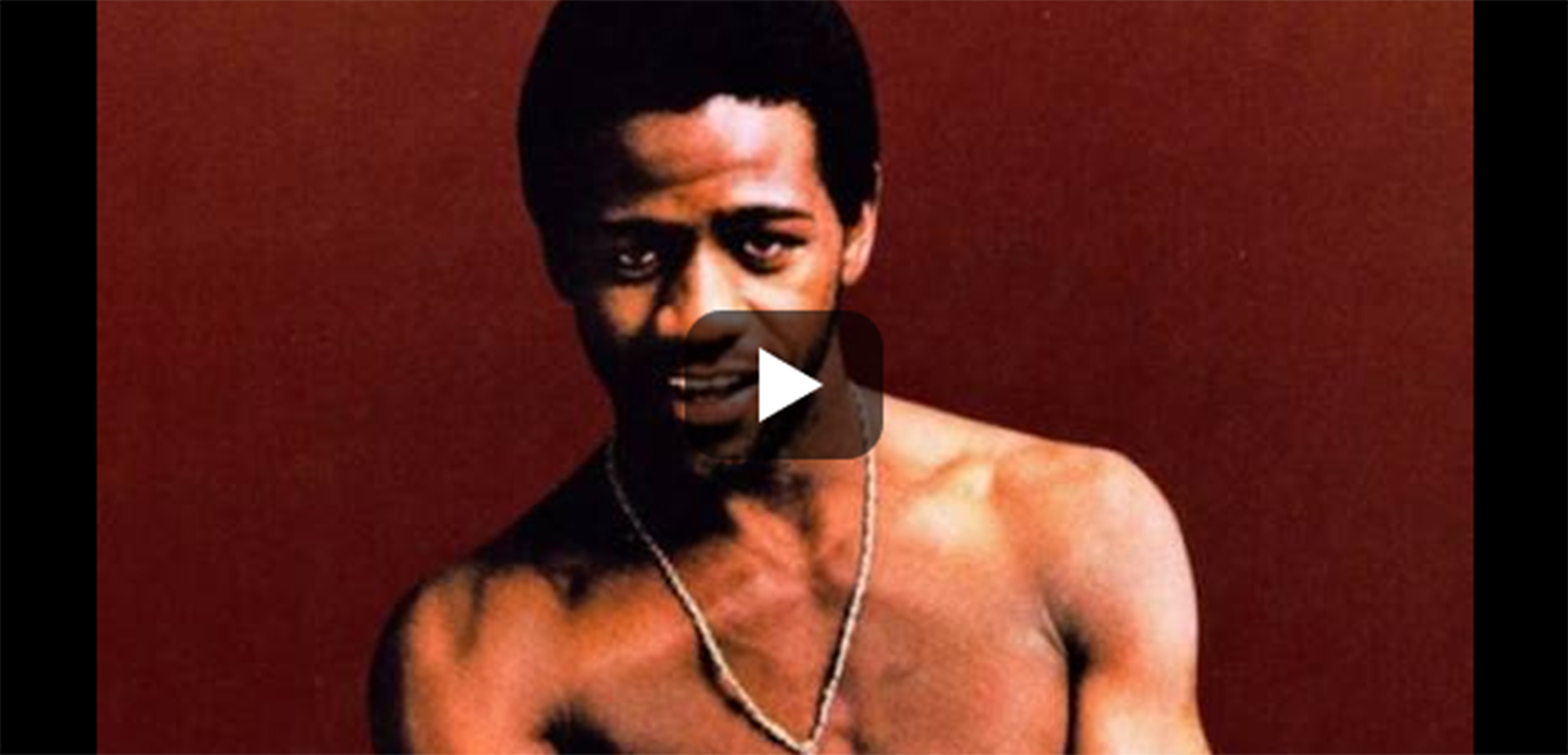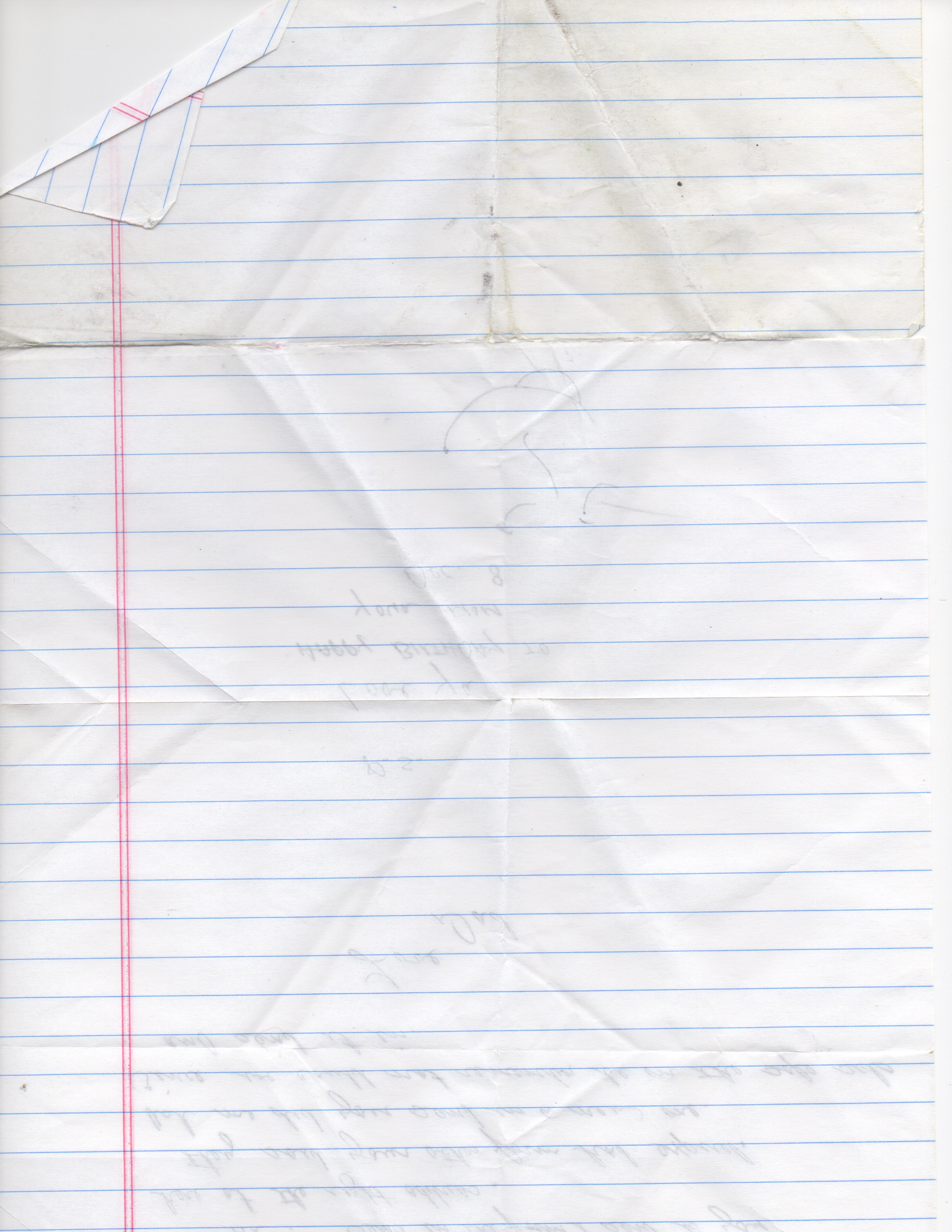The Sound is the Picture
Sable Elyse Smith
August 28, 2017
I remember we were two women driving once. Two strangers toward an even stranger destination. It was on this trip that she told me about her encounters with women in Brazil, radio set to a lullaby somewhere between Pink Floyd’s “Any Colour You Like” and Gwen McCrae’s “All This Love That I’m Giving,” and then just the breathing detectable.
We drove out, left at dawn like we always did. There is something about dry heat at dawn, just outside of LA. A thick layer of smog pressing down on our shoulders. All the other houses full of dreams and deceit on either side of us. There was a small wedge of light spitting from the opening of a garage door, trying to latch on. We moved swiftly, packing a small blue cooler on the back passenger side seat, an item of essential importance. There were mild sandwiches there, 99-cent-store sodas: cola, club, and orange, two handfuls of grapes—a mediocre picnic for our four-hour drive. The road was straight, long stretches of blues and tans in front of us, and that was it.
By this time I was already acquainted with six different California state prisons. Saw their images from above; knew that the drive lingered in the nose longer than you expected. And a song, its audibility raising each time the track repeated, voice bleeding through the distance riding closer to us–the staccato horns like a fever dream. A subtle wind picks up off the Salton Sea mixing all this around as we rode to prison, in silence.
Calipatria California, it has a ring to it even with its lethargic roll off the tongue. Being from California and extremely familiar with the way words leave lips; I can determine a place’s worth by its sound. LA for instance, there you know you’ve got something, simply because that last syllable takes the tongue and throws it up against the roof of the mouth. So when I heard this Calipatria, there was simply a knowing, gut turning on top of itself before lying down heavy on my left side.
.jpg)
General Procedures:
1) When you arrive at the institution you must show your ID.
2) Staff can search you and your property.
3) Staff are in the visiting room at all times to supervise each visit. The visiting room WILL be monitored with security cameras and other devices.
4) The warden may monitor a restroom within the visiting area. And you may be denied at any moment, for any reason.
In 2007, when we last visited, the number of black males “sentenced under state or federal jurisdiction…” was 556,900. I was a college student then. I have no brothers. I know two black guys from my high school that went on to college. My father didn’t have a diploma. At 58 just got his GED. There are bodies disappeared and just a slow vibrating chord from time to time drawing them into focus.
I float in a space that obfuscates the realities of my movements on this earth, my details. I have forgotten or put away all the details. I have made tight little labels for each occurrence, giving them assigned language. Maybe this has taught me to be distant.
*
Distance. I write this on a plane thousands of feet in the air, suspended between two places, carving into me like a Detroit tree branch cut across my face in childhood: Los Angeles and New York. I write this as I stare into the face of my young olive-skinned neighbor seated beside me, some stranger, arms folded across his tray table his face points in my direction. His eyelashes are long and beautiful. They give him a softness, a naiveté of this world below. There are things I know about him. He hurts me in a way but I continue. I consume his image. A tear has worked its way to the corner of his shuttered right eye, the eye closest to me. It is the moistness of this veiled eye that forces me to struggle quietly in my seat and the eyelashes that remind me of a younger cousin now estranged. A boy something happened to. There are many of us that things have happened to.
And so I continue to stare at the boy. Replace him for this boy cousin of mine and laugh, because they are both men now, fated and posturing in different ways. There is broken language in the world for these two.

Recently I cut a disjointed sample of Al Green’s “Love and Happiness.” I am thinking about the function of the refrain. Thinking of how easily music lends itself to being remembered. And played it over a tender image of my father cutting his hair with a buzzer. I take the buzz out of the video and slow it down so that we watch each rep of the metal graze the length of his head. In actuality he is already doing this slowly.
The authentic parts of him are caught in this grooming. These are the things he shares with me. He knows no other way to speak.
I feel satiated when a woman calls me handsome. When she strokes my face and looks into me. I did not tell my sister about these desires on that drive. I left a languid gap to pick up the work. Let the thin white border of a polaroid reveal what’s missing in the composition.
And at times I’d recall old letters from my father on the way in. Recall them as my bare feet form suction cups when placed flat upon the unforgiving concrete floor harsh and frigid. They check your shoes. Searching for false bottoms or things that may be stashed or concealed within them; you can only carry a see-through money punch; two ten-dollar rolls of quarters and thirty singles; a license or ID each; ten loose cigarettes and matches; and five 5x7 photographs. These are the only items that can pass through those gates. So how do you choose which pictures?
I thought a lot about wading in the gap and the frame, staring out the window as we pass by the San Andreas fault on our way to prison.
“These faults are commonly found in collision zones, where tectonic plates push up mountain ranges…” and the San Andreas fault is visible from space and so our imperfections are known when we photograph ourselves from outside of ourselves. Faults are evidence that sometimes a plate can shift and that’s comforting, to know that the crust of the earth, at times, requires movement. Requires a slippage.
*

Rotation, rewinding a record by placing two fingers across its grooves and slowly pulling back, applying the slightest pressure. Rotation, as in turning—a turning over.
And there was someone once; a memory that’s tattooed me. Meaning it is a combination of the burning scratching sensation slowly drug across the flesh. And so this is the first time I spoke about the way he entered me. Standing here in front of you all. Hair close cropped and a T-shirt depicting two women licking an ice cream cone, leaking slowly down fingers. Phallocentric or suggestive I know. However, I know that my body is a loud foil around this imagery, constructing a more transgressive frame. I think this. I do.
I talked about screaming and slapping and then a long silence filling in the space around me, around him, pushing up against the shell of a car; while my left hand assumed a slight tremor. I always knew I could never be a painter. I often speak about silence and long gaps in memory.
Recently I cut a disjointed sample of Al Green’s “Love and Happiness.” I am thinking about the function of the refrain. Thinking of how easily music lends itself to being remembered. And played it over a tender image of my father cutting his hair with a buzzer.
There are many things turning over in my head. And she was the only one really capable of loving me. And he, who I first spoke of the tragedy to, he deepened the silence. And I will not admit that I’ve been taken from.
*
Three siblings on a train play a game they made up. It involves slapping each other in complex ways. They are my complexion, and so many words pass between them. The youngest boy says: oh shit, I still have one more life because I didn't know. This is a game where they give each other many lives.
And I just think You, you are not allowed to not know.